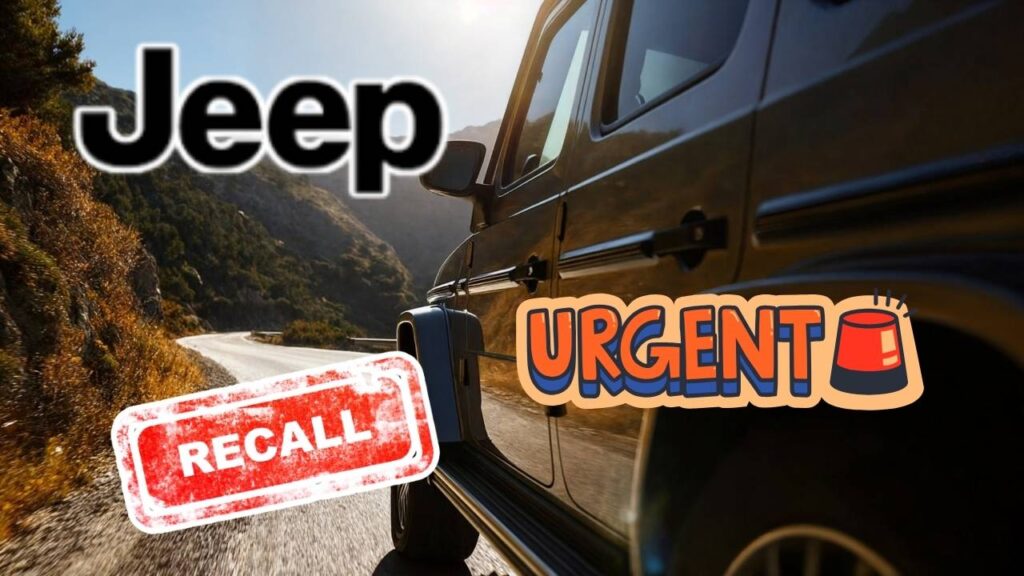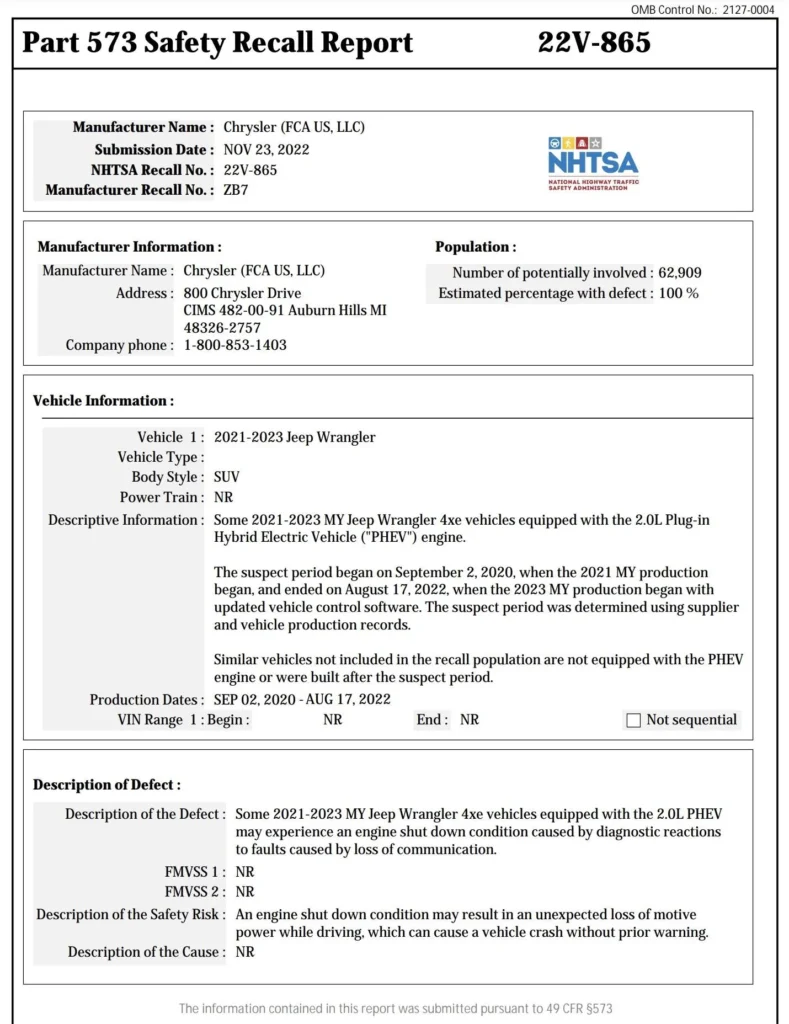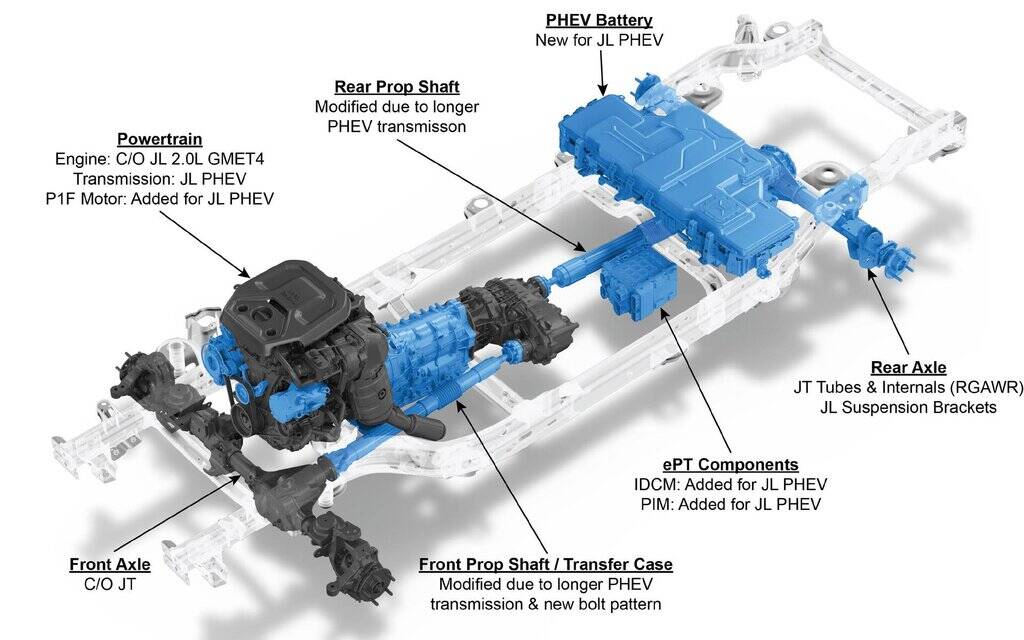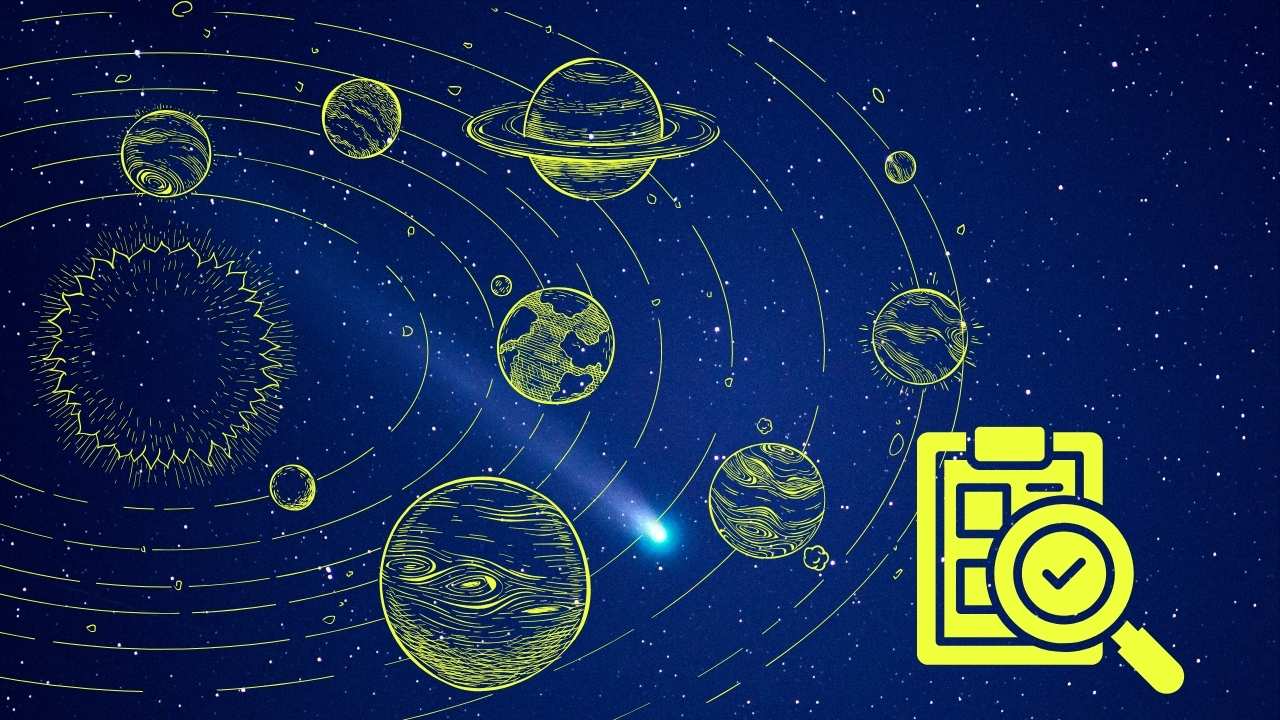Over 300,000 Jeep Grand Cherokee and Wrangler SUVs Pulled: If you own a Jeep Grand Cherokee or Wrangler, especially the plug-in hybrid electric (4xe) versions, it’s crucial to stay informed about a recent massive recall affecting over 320,000 vehicles across the United States. Jeep and its parent company, Stellantis, have issued this recall due to a serious fire risk linked to defects inside the high-voltage battery packs—posing significant safety concerns for owners, automotive professionals, and the wider public.
Over 300,000 Jeep Grand Cherokee and Wrangler SUVs Pulled
Jeep’s recall of over 320,000 Grand Cherokee and Wrangler 4xe SUVs due to battery fire risk is serious but necessary to protect owners and communities. The complex lithium-ion battery defect underscores challenges in hybrid technology safety. Jeep owners must act promptly by verifying recall status, avoiding charging, and parking safely until fixes arrive. Staying informed and following official guidance ensures you navigate these recalls with safety front and center.

| Data & Stats | Details |
|---|---|
| Vehicles Affected | 228,221 Jeep Wrangler 4xe (2020-2025), 91,844 Jeep Grand Cherokee 4xe (2022-2026) |
| Total Recalled | Over 320,000 Jeeps |
| Reported Fires | 19 fires, 1 injury |
| Safety Precautions | Avoid charging; park outside away from buildings and vehicles |
| Notification Start Date | December 2, 2025 |
| Chrysler Contact | 1-800-853-1403 |
| NHTSA Recall Number | 25V-741 |
| VIN & Recall Info | NHTSA Jeep Recall |
What’s Behind the Recall? Understanding the Technical Details
In November 2025, Stellantis announced a major recall covering 228,221 Jeep Wrangler 4xe models from 2020 to 2025 and 91,844 Jeep Grand Cherokee 4xe models from 2022 to 2026 in the U.S., with additional affected units globally.
The root cause lies in the high-voltage lithium-ion battery packs supplied mainly by Samsung SDI. Some battery cells have separator damage, which can trigger internal short circuits. The battery separator is a thin film that keeps electrical charges flowing safely between anode and cathode within the cell. When damaged, it can allow direct contact that causes a phenomenon called thermal runaway—a rapid, uncontrollable increase in temperature leading to cell ignition and fire.
Investigations show that the battery fires can happen not only while the vehicle is being driven but also when parked—a rare but dangerous risk. Since battery cells heat up and generate more risk when charged, the fire hazard is particularly high if owners recharge these defective batteries.
What’s concerning, too, is the failure of a previous recall effort (NHTSA ID 24V-720, known as recall 95B), which issued software fixes to detect battery abnormalities. Reports indicate that this software fix failed to catch certain cell damages, as fires have still occurred even in vehicles that received that remedy. This has prompted this broad, urgent recall with a more comprehensive physical inspection and future repair solution in development.
Owners are advised to avoid charging their vehicles and to park outside, away from homes, garages, and other vehicles until repairs are completed. This guidance applies even if owners had previous recall repairs done.

Recall Chronology Highlights:
- July 3, 2025: Internal investigation opens after multiple fire reports linked to batteries outside the original 95B recall scope.
- October 24, 2025: Stellantis formally declares a safety defect affecting all suspected vehicles.
- December 2, 2025: Planned start for mailing recall notices to affected owners.
This situation highlights the complex challenges automakers face in ensuring safe hybrid battery technologies and underlines why ongoing monitoring is vital.
What Are Jeep’s 4xe Plug-In Hybrids?
Jeep’s 4xe models combine a traditional internal combustion engine with an electric motor powered by a rechargeable battery. These plug-in hybrid electric vehicles (PHEVs) offer the capability of driving on electric power alone for short distances, improving fuel economy and reducing emissions without sacrificing Jeep’s rugged reputation.
The 4xe system uses a high-voltage lithium-ion battery pack designed to deliver electric torque for off-road thrills and everyday driving alike. However, lithium-ion batteries require delicate engineering and manufacturing precision, especially for separators meant to prevent electrical shorts. When defects enter production—like the separator damage in this recall—the batteries become fire hazards due to their chemical and thermal sensitivity.
Despite the innovation, battery risks such as thermal runaway and fire are real safety issues, albeit statistically rare. They necessitate rapid recalls and firm safety protocols to protect drivers.
Why Over 300,000 Jeep Grand Cherokee and Wrangler SUVs Pulled Matters: Safety Risks and Real Incidents
Battery fires linked to this defect have already caused widespread alarm. The 19 reported vehicle fires, including some after attempted fixes, and one related injury, make this recall a high priority. Battery-related fires differ from traditional car fires in that they can be explosive, hard to extinguish, and produce toxic gases.
Because the fires can occur while the Jeep is parked, the risk extends beyond just the driver to others nearby—such as neighbors or parking lot spectators. This makes Jeep’s advice to park vehicles outdoors, away from structures, a critical precaution.
Fire departments and safety experts note that lithium-ion battery fires often require specialized handling and that the best defense is preventing a fire from starting in the first place by following manufacturer recall guidance.

What Jeep Owners Should Do Now: Clear Safety Steps
If you own one of the affected models, here is how to protect yourself and your property:
- Check Your Vehicle Identification Number (VIN): Use Jeep’s official recall page or the NHTSA recall lookup tool to see if your SUV is affected.
- Stop Charging Your Battery Immediately: Charging increases the risk of thermal runaway due to damaged battery cells.
- Park Your Vehicle Outdoors and Away from Other Vehicles or Buildings: This reduces fire spread risk, protecting property and neighbors.
- Await Official Recall Notices: Jeep will start mailing recall instructions and repair scheduling information starting December 2, 2025.
- Contact Jeep Customer Service: Call 1-800-853-1403 to speak with representatives about concerns, recall status, or vehicle safety.
- Be Alert for Warning Signs: Strange burning odors, smoke, overheating, or heat emanating from the vehicle warrant immediate evacuation and emergency response (911).
Following these steps is the best way to keep safe until the permanent fix is available.
Recall History and Related Jeep Issues: Over 300,000 Jeep Grand Cherokee and Wrangler SUVs Pulled
This is not Jeep’s first battery-related challenge:
- Late 2024 Recall: Earlier recall (95B) attempted a software fix to detect battery issues but proved insufficient.
- Engine Sand Defect Recall: Around 113,000 newer 2023-2025 Jeep Wrangler and Grand Cherokee 4xe models face another recall for sand contamination inside engine blocks from the manufacturing process, risking catastrophic engine failure and fire. Owners are asked not to drive those vehicles until repairs are available.
- Other Safety Recalls: Related recalls have addressed rear coil spring defects and steering column issues on some Jeep Grand Cherokees.
This multifaceted recall landscape reflects Jeep’s ongoing efforts to address quality and safety in the face of advanced hybrid technologies.
Industry-Wide Battery Recall Context
Battery fire risks are not unique to Jeep. Several electric vehicle (EV) and PHEV makers have faced similar safety challenges:
- Tesla has handled several battery fire investigations in early Model S and Model X runs.
- Chevy Bolt EV suffered multiple recalls for battery thermal issues.
- Automakers like Ford and Volkswagen have also issued battery-related recalls and safety warnings.
These incidents underline the technical complexity and safety importance of lithium-ion batteries, pushing automakers to continually refine production and quality controls.
Consumer Rights During Recalls
Federal law safeguards recall-affected consumers:
- Repairs and replacements due to safety recalls must be free, regardless of warranty status.
- Dealers must provide clear, timely communication about defects and repairs.
- Loaner or rental vehicles must be offered if repair times are prolonged.
- Owners can report unresolved repair problems to the NHTSA for enforcement support.
If you experience repair delays or unsatisfactory service, escalate to regulators or seek legal support.
Additional Safety Tips for Hybrid Vehicle Owners
Whether or not affected by this recall, hybrid and electric vehicle owners should:
- Stay alert to unusual vehicle signs: Smoke, smells, heat, or malfunctions.
- Maintain regular inspections at certified service centers familiar with hybrid systems.
- Avoid parking in enclosed garages, especially overnight or if battery issues arise.
- Keep an electrical fire extinguisher accessible at home.
These precautions serve as good practice given the technological demands of hybrid vehicles.
Environmental and Economic Impact of Recalls
Recalls involving lithium-ion batteries also raise environmental concerns:
- Safe disposal and recycling of defective batteries are critical to prevent chemical pollution.
- Automakers are investing in battery recycling infrastructure, but recall volumes challenge current capacities.
For owners, recalls might affect resale values temporarily and raise insurance complexities, but they are vital for overall safety and automotive trust.







